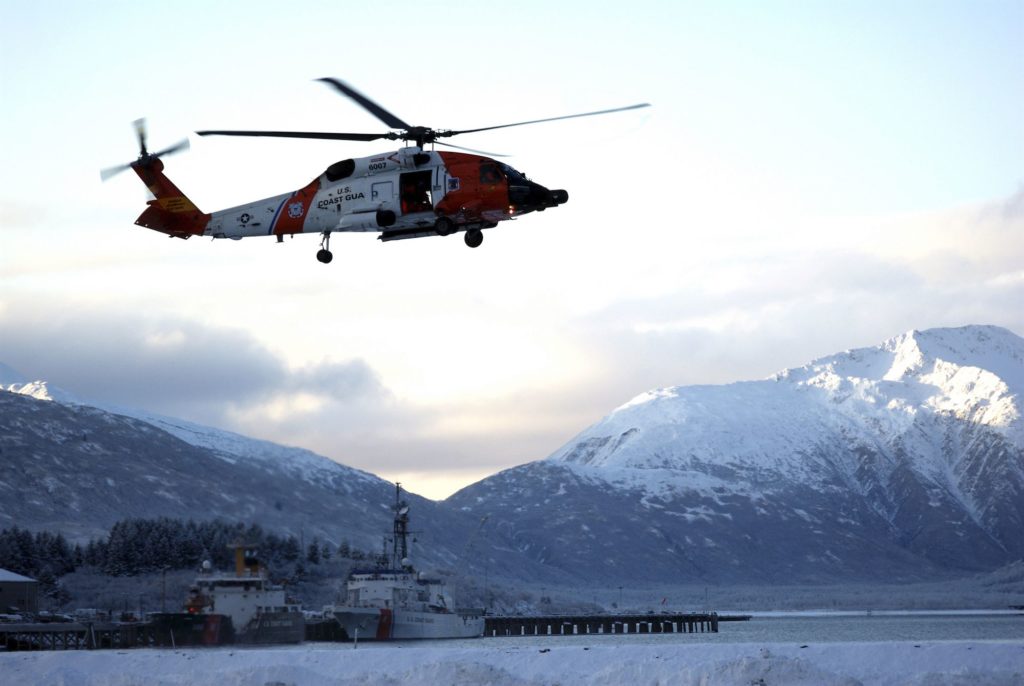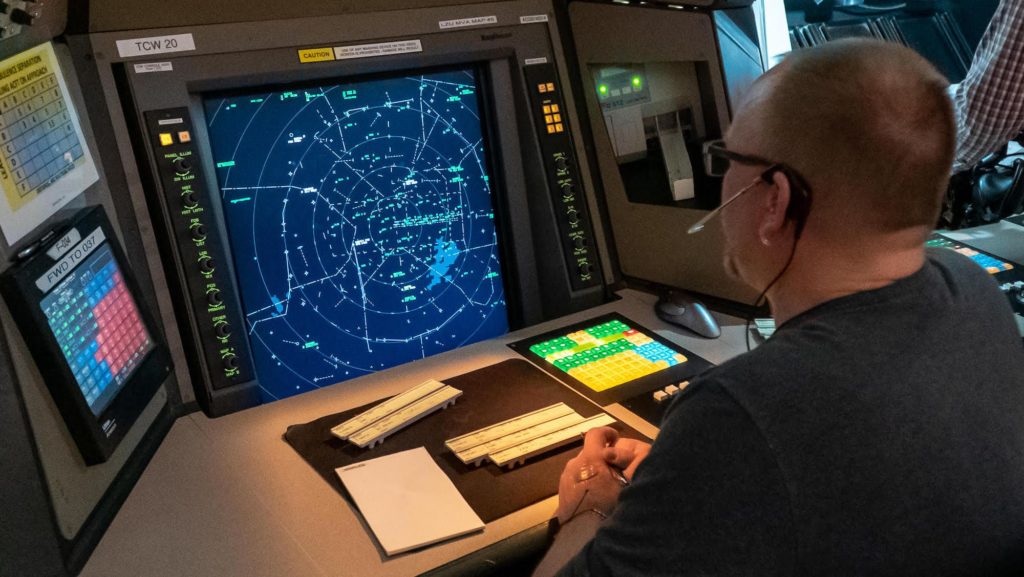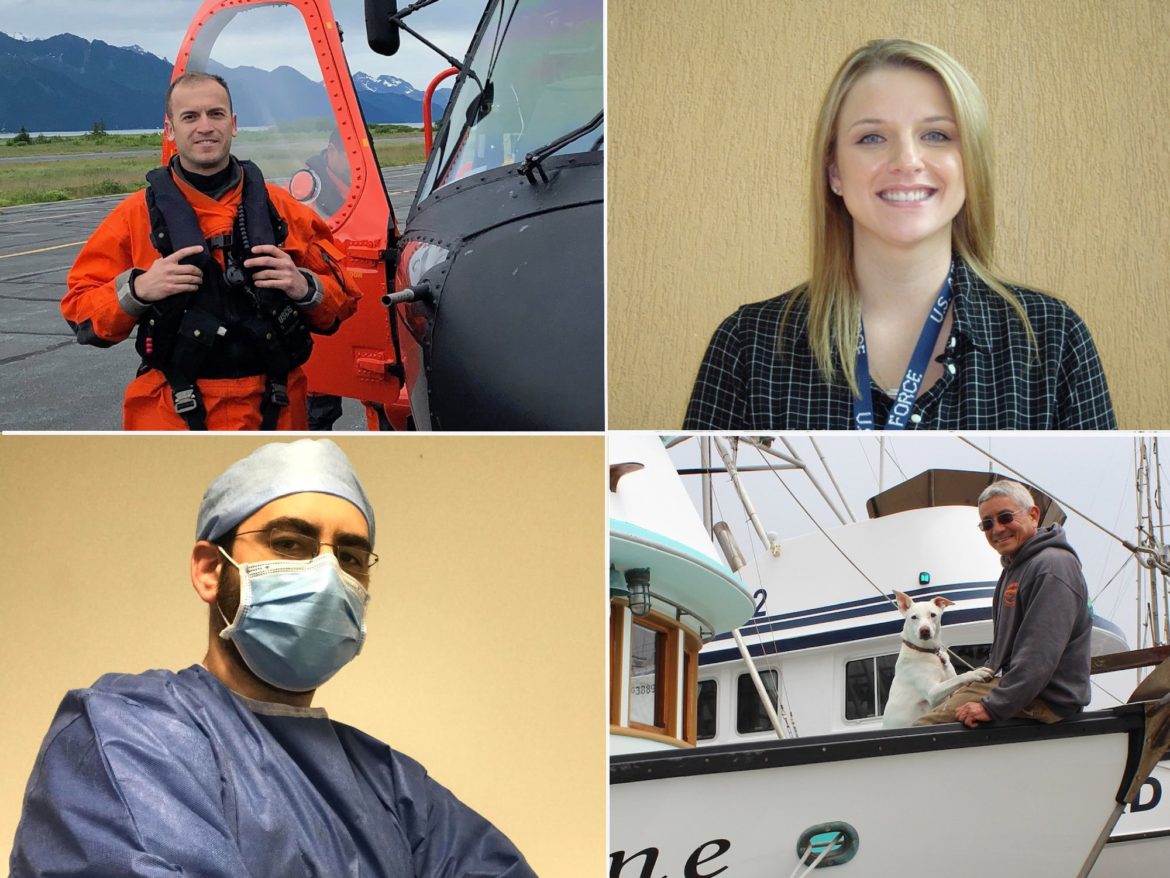Stay calm under pressure- even if you are not a trauma surgeon, air traffic controller, or coast guard rescue pilot, we can learn from the same coping mechanisms.
The following written content by Rob Verger

Living through a pandemic is stressful. Decisions that used to feel mundane—to get that haircut or not—become much more loaded when your health might hang in the balance. Finances are tight; jobs have disappeared; childcare and education have been in flux since last March.
While being a human is rarely a stress-free endeavor, this level of anxiety is new for many of us. But for people with the world’s most intense and dangerous jobs—occupations that can involve life-and-death decisions—such tension is a fact of life.
We reached out to a few of them to learn about how they cope without freaking out, and to hear what advice they have for the rest of us. From the land to the air to the sea, the terrain—both literal and psychological—these folks navigate can be tough. Here’s what it’s like.
The air traffic controller

If the thought of managing air traffic into and out of a very busy airport like Hartsfield-Jackson Atlanta sounds tough to you, you’d be right. Just ask Nichole Surunis. “It’s absolutely stressful,” she says. “It’s one of the world’s busiest airports, so almost every bit of airspace that we have, there’s going to be planes there.”
Surunis, who has 18 years of experience as a controller, doesn’t work in the tower near the tarmac. Instead, she operates at an FAA facility called Atlanta TRACON in Peachtree City, Georgia, which is more than a 30-minute drive from the international airport. Like the other controllers who work there, Surunis’ job is to remotely coordinate planes as they come in for a landing or after they’ve departed. If the weather is nice, as many as 132 craft can land at the airport in an hour—that’s more than two per minute. It takes two to three controllers at a time to handle that load.
The situation can get more hectic due to a complexifier like the weather. “Something that could be as simple as working a plane into an airport on one of these approaches, turns into something not-so-simple when you’re trying to vector them around thunderstorms, and keep them away from lightning, or keep them away from hail,” she says. Read more about the world’s stressful careers and coping mechanisms from Popular Science.
Here’s another interesting talk on how to stay calm when you know you’ll be stressed:





